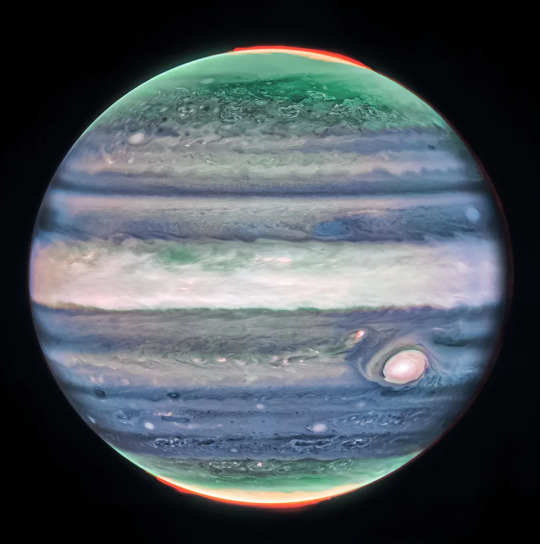Le rêve est une seconde vie.
Last active 60 minutes ago
Don't wanna be here? Send us removal request.
Text
Instagram is depressing. I prefer tumblr where everyone is upfront about their misery and constant desire to die
119K notes
·
View notes
Text

Anaïs Nin, from a diary entry dated 27 March 1922, featured in The Early Diary of Anaïs Nin, 1920-23
203 notes
·
View notes
Note
how do we stop missing the ones we once loved?
We don’t. We are forever changed by this longing.
232 notes
·
View notes
Text
One of my favorite things about classic literature is how I’m reminded that humans have always been this unhinged
1K notes
·
View notes
Text
“The secret of the mountain is that the mountains simply exist, as I do myself: the mountains exist simply, which I do not. The mountains have no “meaning,” they are meaning; the mountains are. The sun is round. I ring with life, and the mountains ring, and when I can hear it, there is a ringing that we share. I understand all this, not in my mind but in my heart, knowing how meaningless it is to try to capture what cannot be expressed, knowing that mere words will remain when I read it all again, another day.”
— Peter Matthiessen, The Snow Leopard (via malavermelha)
837 notes
·
View notes
Text
“Smile and others will smile back. Smile to show how transparent, how candid you are. Smile if you have nothing to say. Most of all, do not hide the fact you have nothing to say nor your total indifference to others. Let this emptiness, this profound indifference shine out spontaneously in your smile.”
— Jean Baudrillard
2K notes
·
View notes
Text

New image of Jupiter as seen from the James Webb Space Telescope
6K notes
·
View notes
Text

Simone de Beauvoir, from a diary entry featured in Diary of a Philosophy Student
259 notes
·
View notes
Text

Virginia Woolf, letter to Vita Sackville-West
704 notes
·
View notes
Text
Showing restraint by only ordering 2 books when I want to order 7
252 notes
·
View notes
Text
I’m at a sociology conference and just attended a memorial for one of the giants of our field, and one of the panelists told this story…he was at a meeting with this guy, who he got his PhD under and had a long standing relationship with, and he was bemoaning the current state of the world, and he asked this old professor, “how can you be so optimistic? I can’t ever be anything but a pessimist.”
and the old professor said, “you little fucker, I’m going to make a statement and then I’m going to take you out to the parking lot and beat your ass. What good does your pessimism do?”
and that really struck me. not the least because I also knew this old professor and he very rarely swore, so I know this was something he was really worked up about. what good does your pessimism do? What GOOD does your pessimism DO. I’ll be thinking about that for awhile.
16K notes
·
View notes
Text
Being young in the Balkans: dying on your way to university, inside a public/privatized train (Tempi, Greece), dying from a collapsing train roof (Novi Sad, Serbia), dying from a fire as you have fun inside a nightclub (Kocani, North Macedonia). This is a triple macabre coincidence, or maybe not. Being young in the Balkans means to have already been killed by a state that has done everything within its powers to show you that you are unwanted when you're alive: that if you don't abide by its corrupt rules you'll be unemployed or never rise in the ranks, you'll be thrice as educated than your western european peers to be working for 1/3 of their salary, perhaps migrate to western country yourself where you at least gain back the bare minimum of respect, seeing your parents' pension getting eaten away by state- agreed cartels for basic goods, essentially crawling back to the family/ church because they seem to be the only functioning institutions, only to perpetuate conservatism and hate. We were never young, we are tired and angry
200 notes
·
View notes
Text

Fyodor Dostoevsky, tr. by Hugh Aplin, from "Poor People," originally written in 1846
4K notes
·
View notes
Text
i wish swimming was something you could do alone in your bedroom.
28K notes
·
View notes
Text
You young men have too many jokes. When there are no jokes you've nothing left.
Henry James | The Portrait of a Lady
68 notes
·
View notes
Text
sorry i cant hang out tomorrow im celebrating the death of a 2123 year old roman politician with a bunch of psychos on tumblr. yeah its gonna be all day
89K notes
·
View notes

